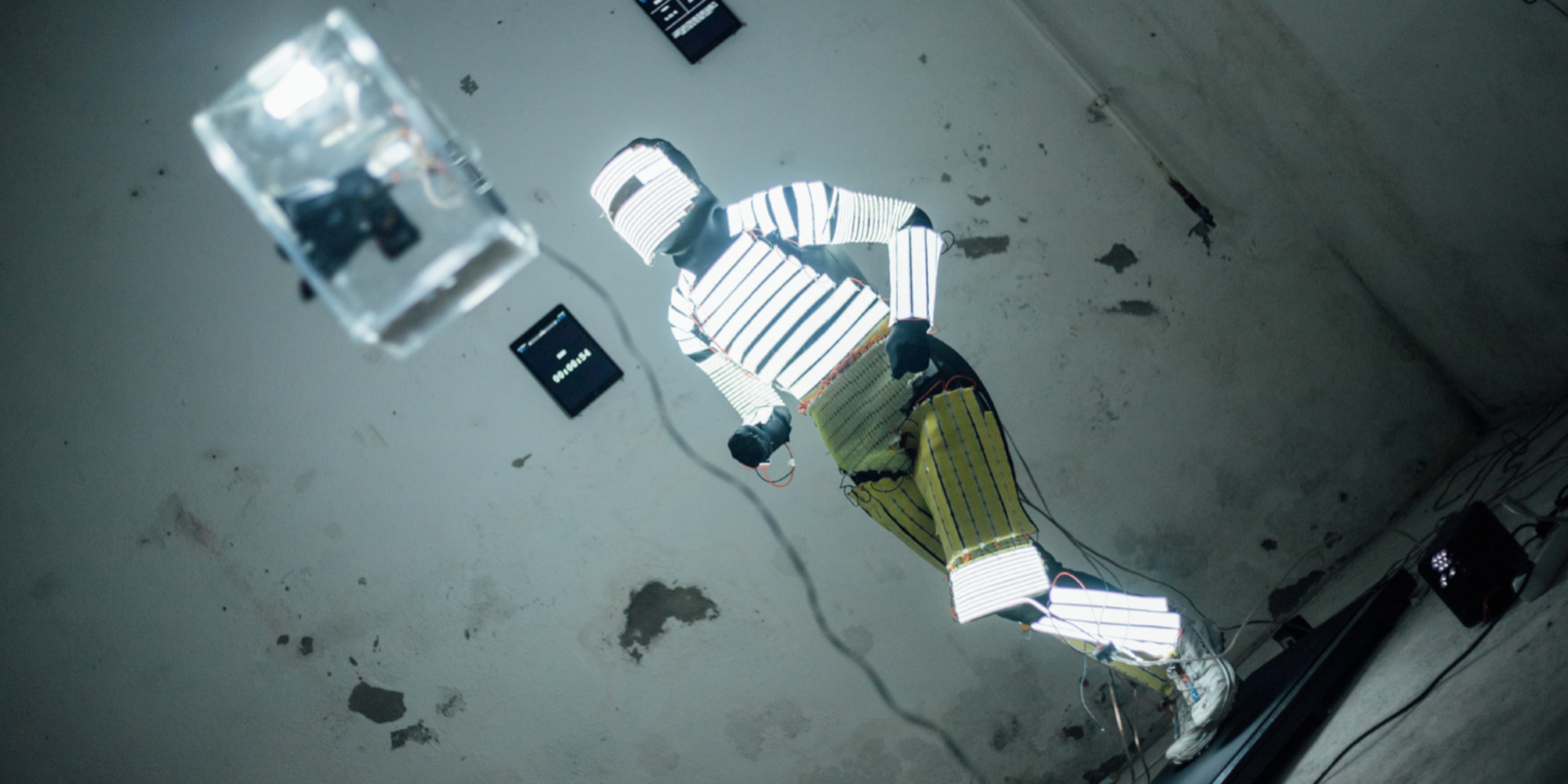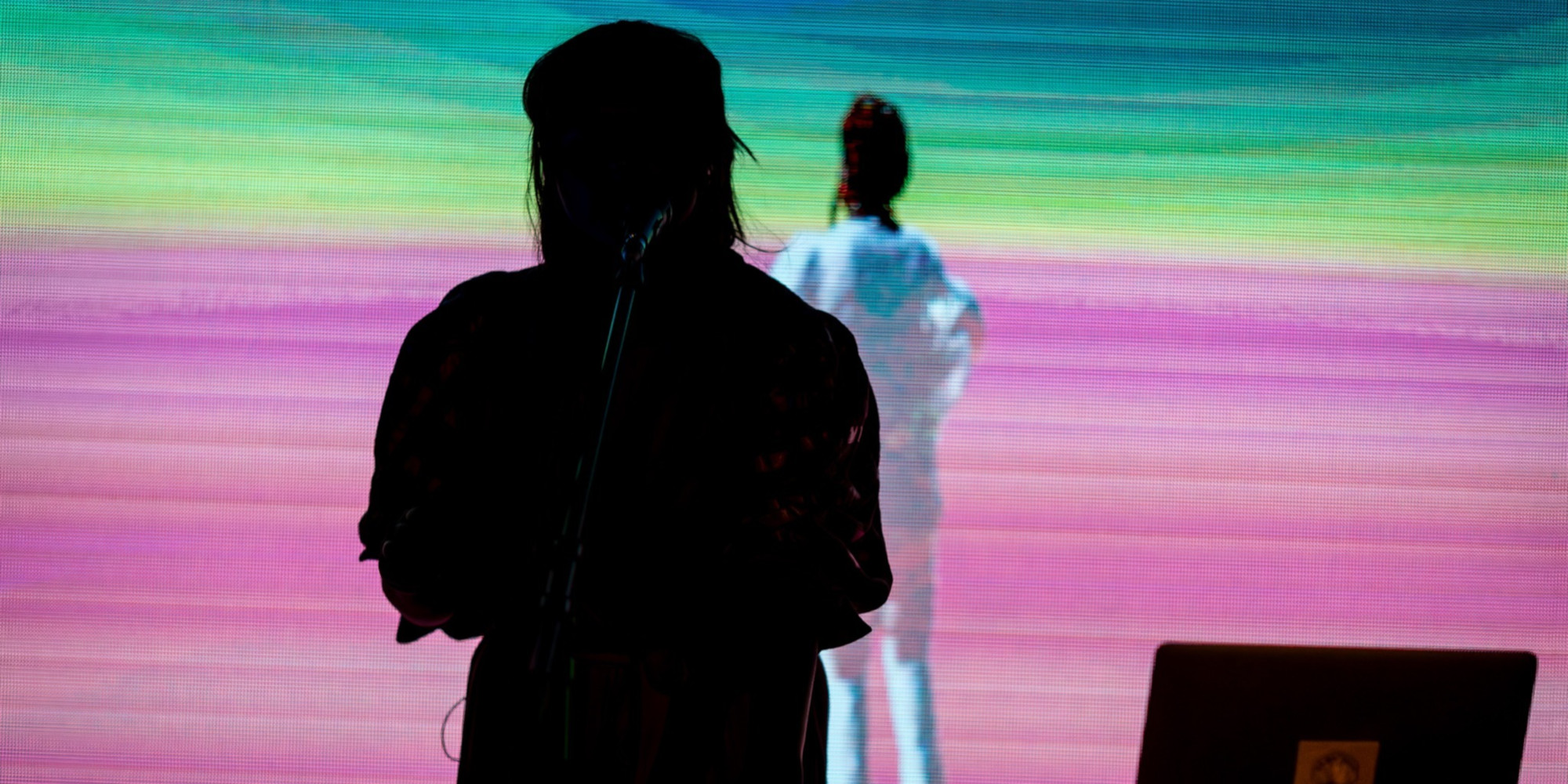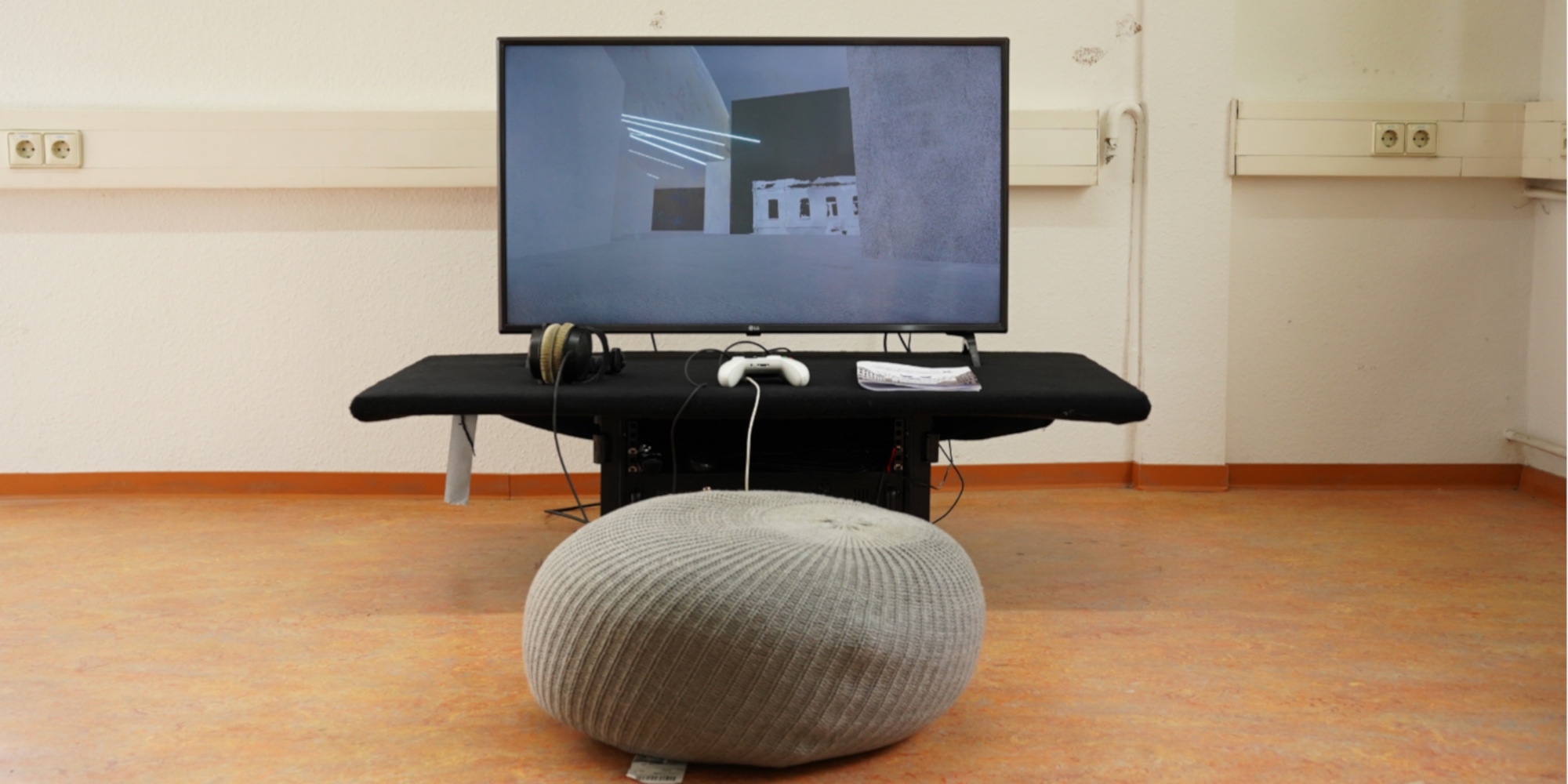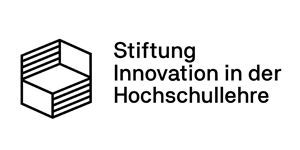Since the 1930s, cybernetics has shaped our understanding of systems—mechanical, electrical, biological, and social. However, in the wake of computational dominance, the foundational ideas of cybernetics have largely faded from discourse.
For this year’s Campus Exhibition, Bauhaus-Universität Weimar revisits cybernetics through a contemporary lens, questioning the role of Artificial Intelligence in shaping our reality. In Cybernetic Subjects we draw from historical perspectives and contemporary thinkers to critically examine AI’s impact on our lives: How much trust can we place in AI-driven systems? Can computational models, rooted in reductionist frameworks, adequately represent the complexity of ecosystems?
Artistic contributions by faculty and students address these questions by attuning to the environment and critically examining the interplay between technological systems and ecological, political, and economic structures. Together, these works engage contemporary technologies not to reinforce the dominance of AI and computation, but to challenge their hegemony and advocate for a more nuanced understanding of living systems and environments.
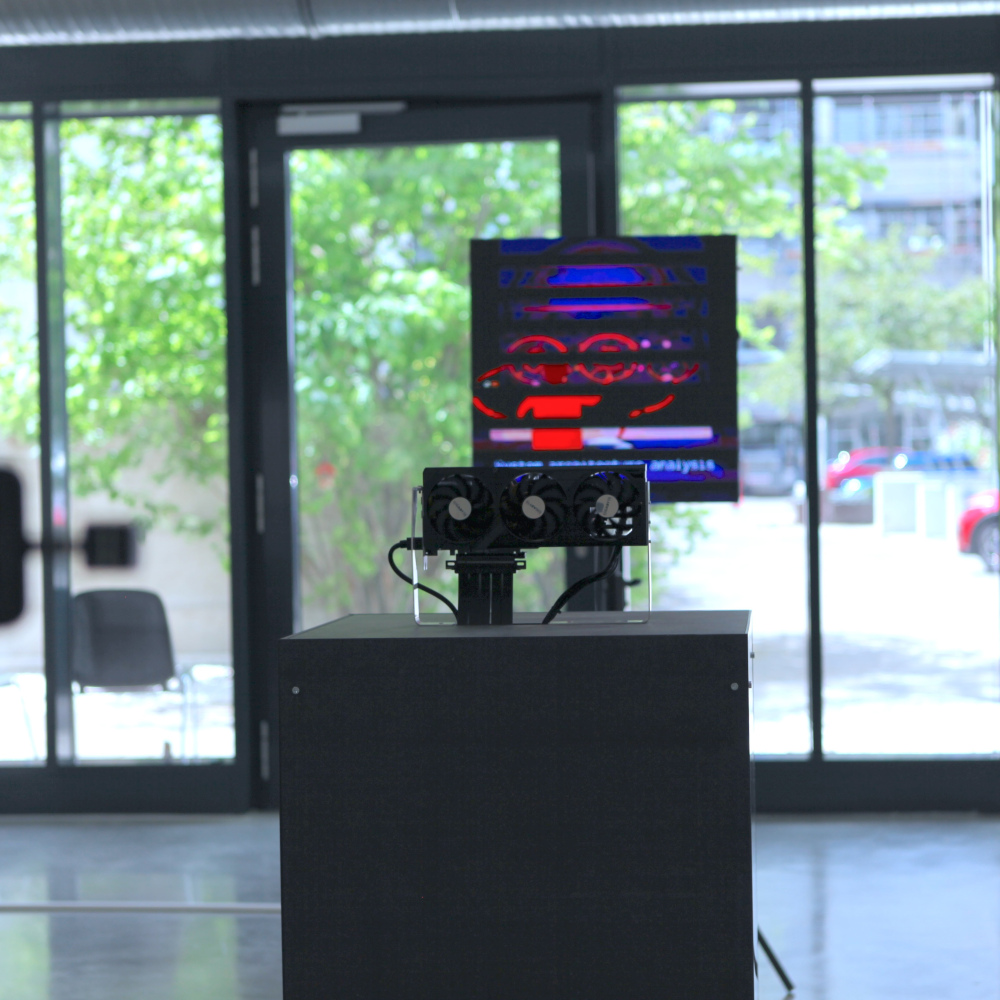
Latent Heat Generation / Ting-Chun Liu - Photo: Ting-Chun Liu
Exhibition
Cybernetic Subjects
Bauhaus-Universität Weimar (DE)
Ticket //
FREE / No Ticket
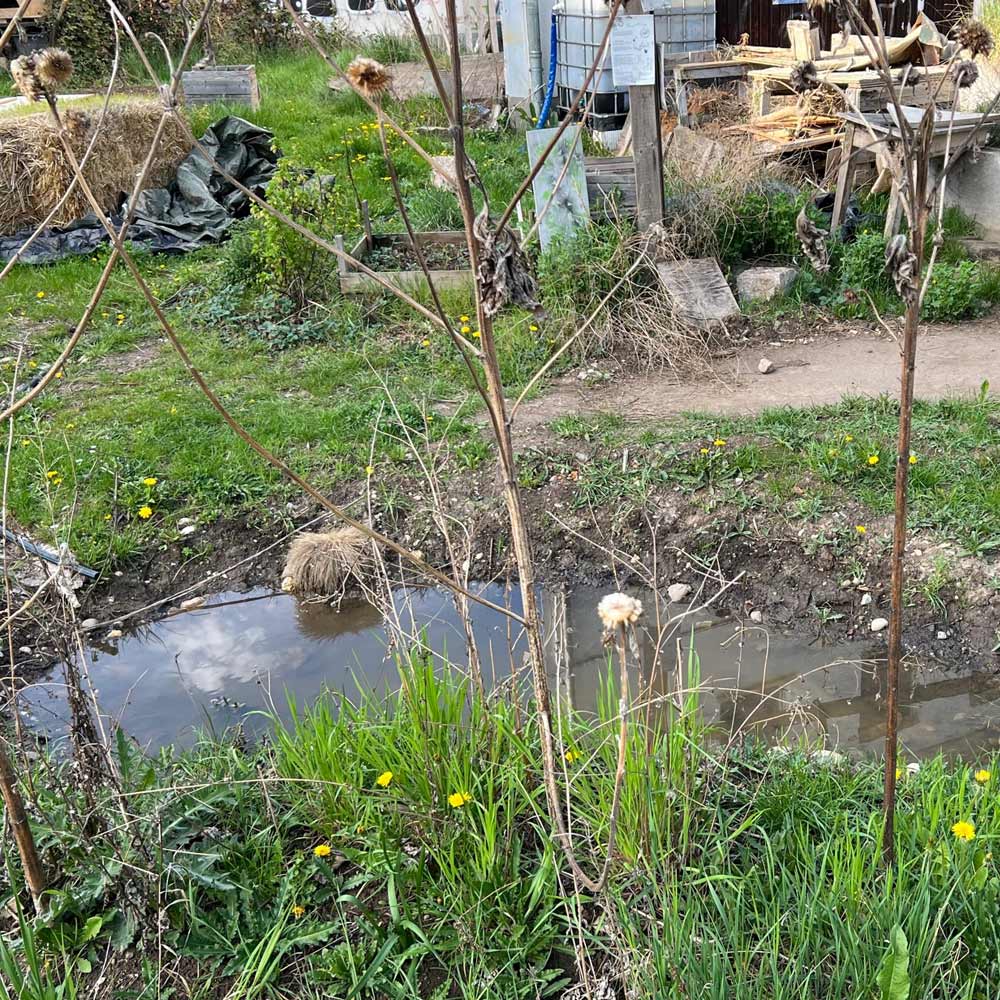
The Pond
Mindaugas Gapševičius (LT), Kerstin Ergenzinger (DE), Klaus Fritze (DE),Negin Ehtesabian (IR), Cosmo Schüppel (DE), Felix Bonowski (DE), VasiliMacharadze (GE), Jan Munske (DE), Sabah Abouelhadid (EG), SebastianVeloza (DE), Alessandro Volpato (IT)
The installation invites audiences to navigate an uneven terrain within the gallery space. It simultaneously recalls the clay floors that, until recently, were commonly used in domestic interiors.
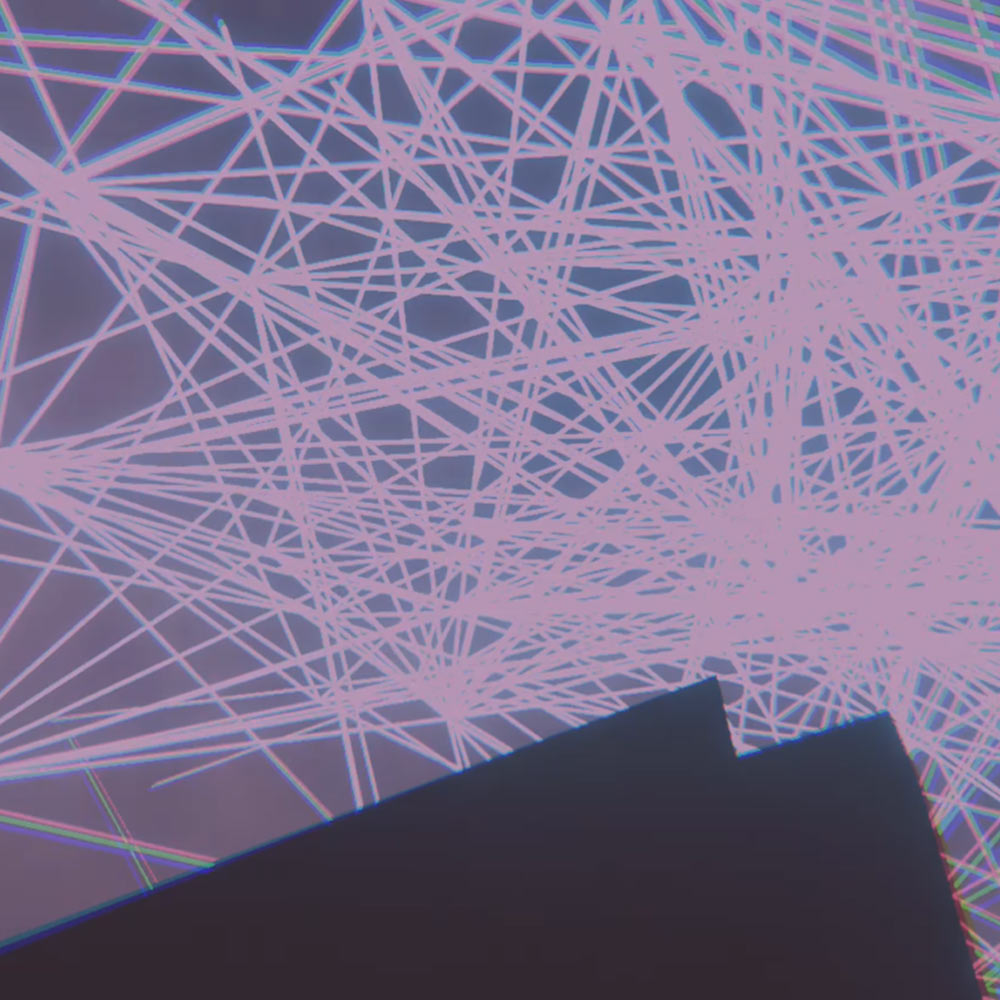
Ymr.x
Maximilian Götz (DE), Parisa Salimi (IR)
In Ymr.x machine learning and 3D data mapping is used to investigate a dataset of more than 8,000 Twitter impressions on a recent local political event. In this way, we uncover insights and the geometry of users’ interactions.
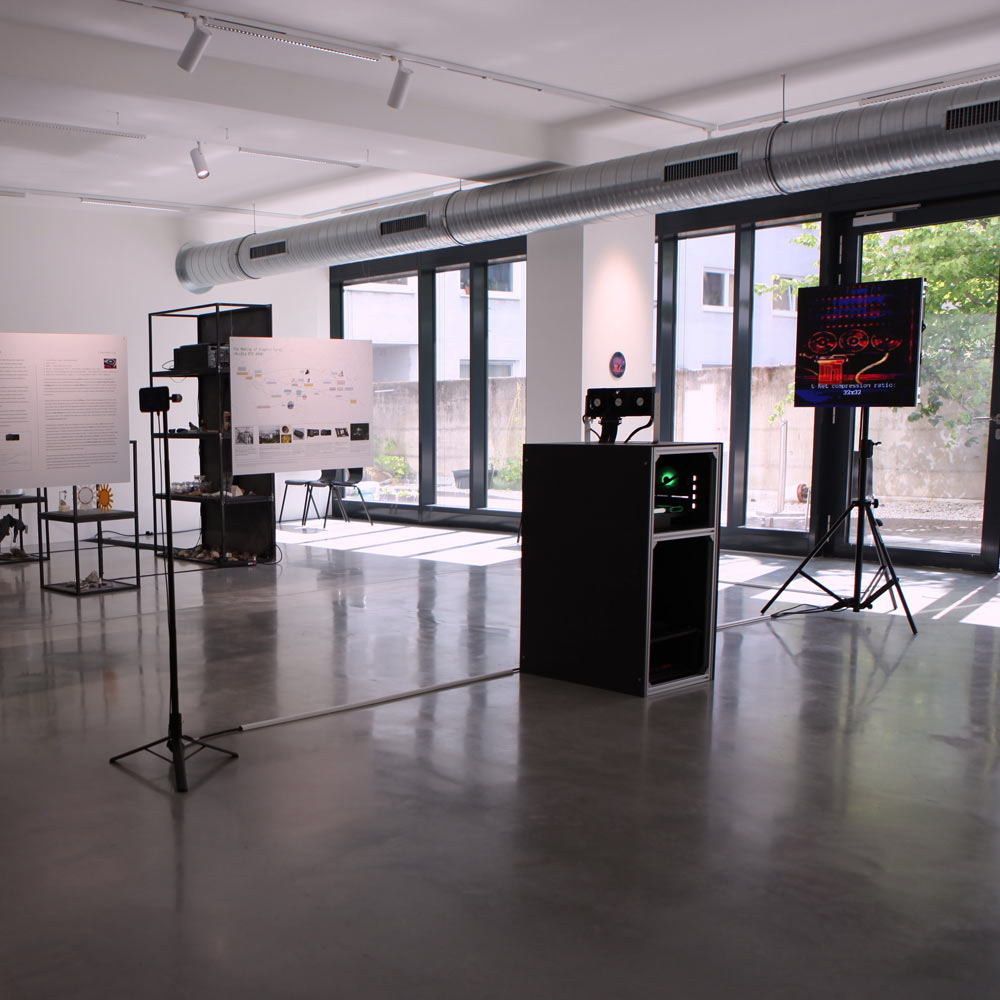
Latent Heat Generation
Ting-Chun Liu (TW)
Latent Heat Generation is an artistic research project investigating the hidden material infrastructures of AI systems through thermal imaging feedback loops, creating real-time feedback where computational waste heat becomes generative material for AI imagery.
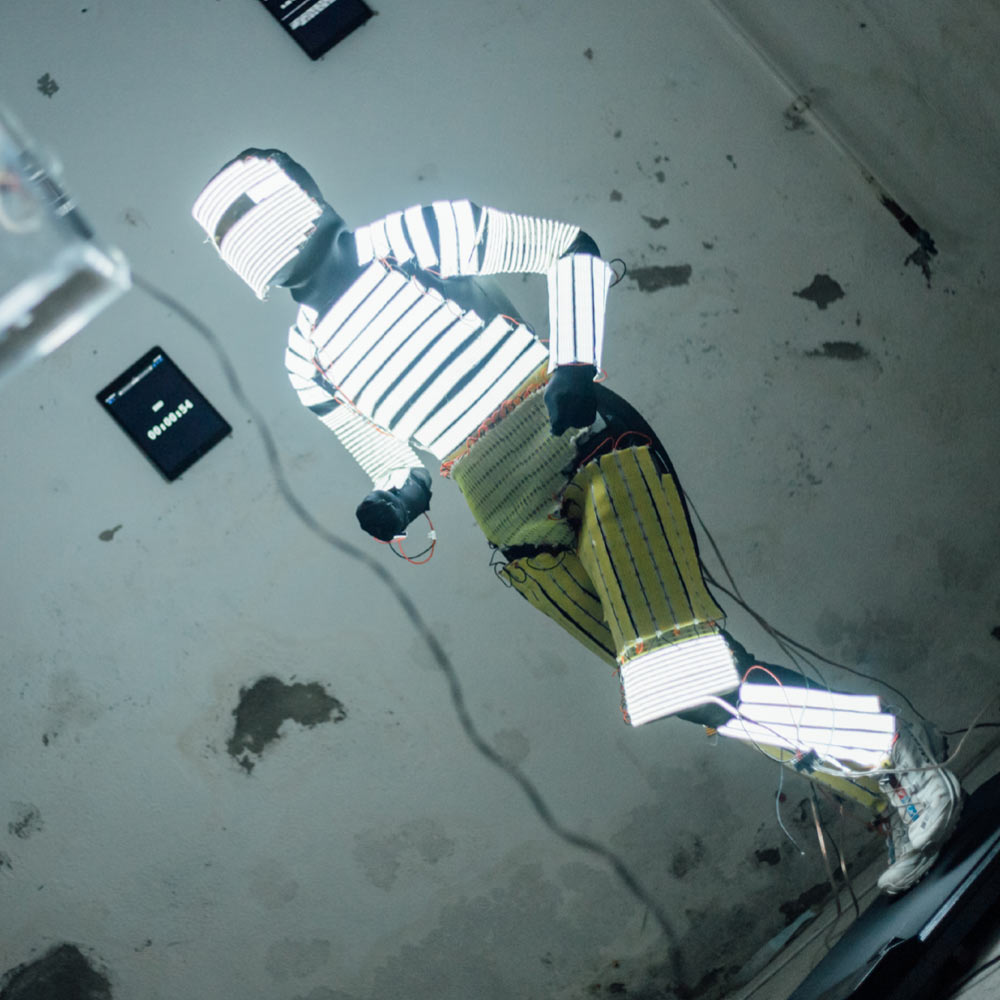
She’s So Centsible!
Passion Asasu (TH)
She’s So Centsible! is a durational performance powered by the audience—insert coins into the acceptor to match the hourly minimum wage (€12.41), and the performer runs until the money runs out. The work explores the entanglement of labour, energy, and financial responsibility.
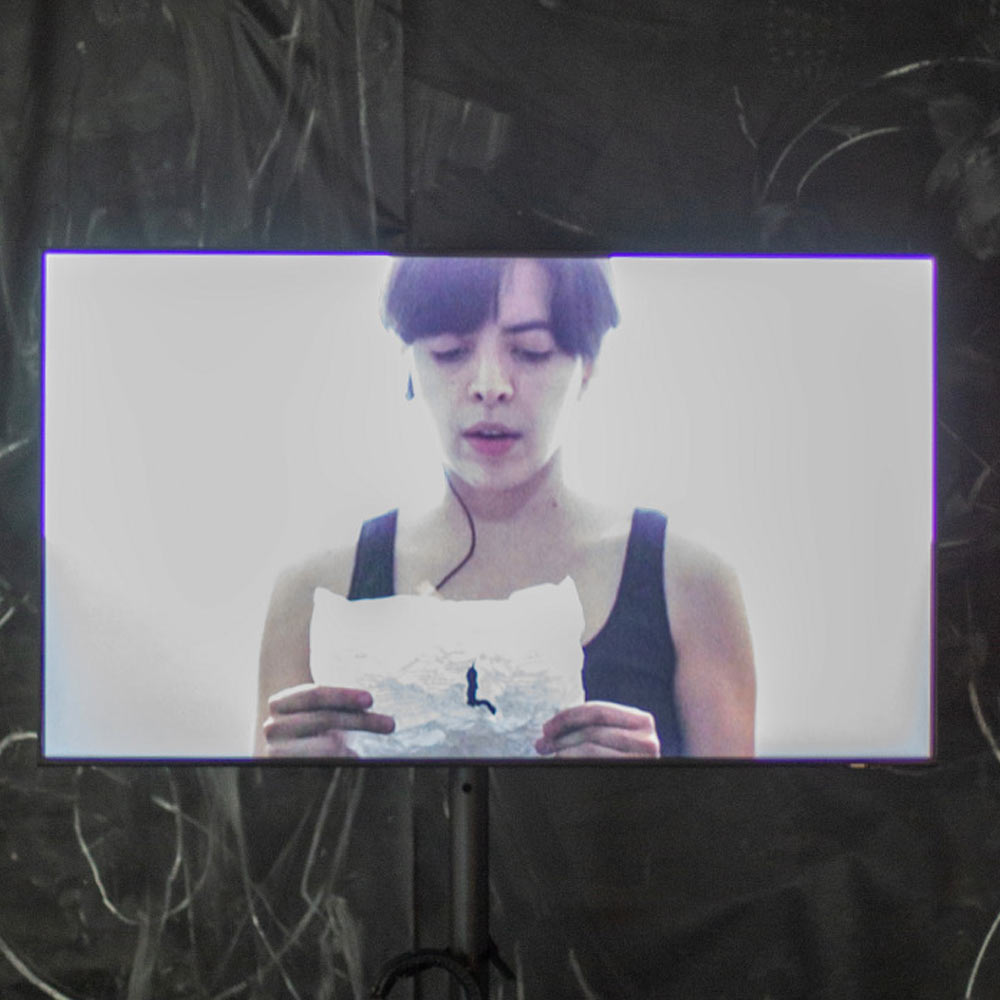
Humans (Open Lab)
Isabella Lee Arturo (CO), Mahla Mosah (IR), Martin Müller (DE)
Rather than perceiving data as mere numbers, this open lab aims to bridge the gap between quantitative information and body-based knowledge.

Humans
Isabella Lee Arturo (CO), Mahla Mosah (IR), Martin Müller (DE)
This collaborative performance uses the methodology of “Embodying and Humanizing” data to understand the human cost of asymmetrical armed conflicts.
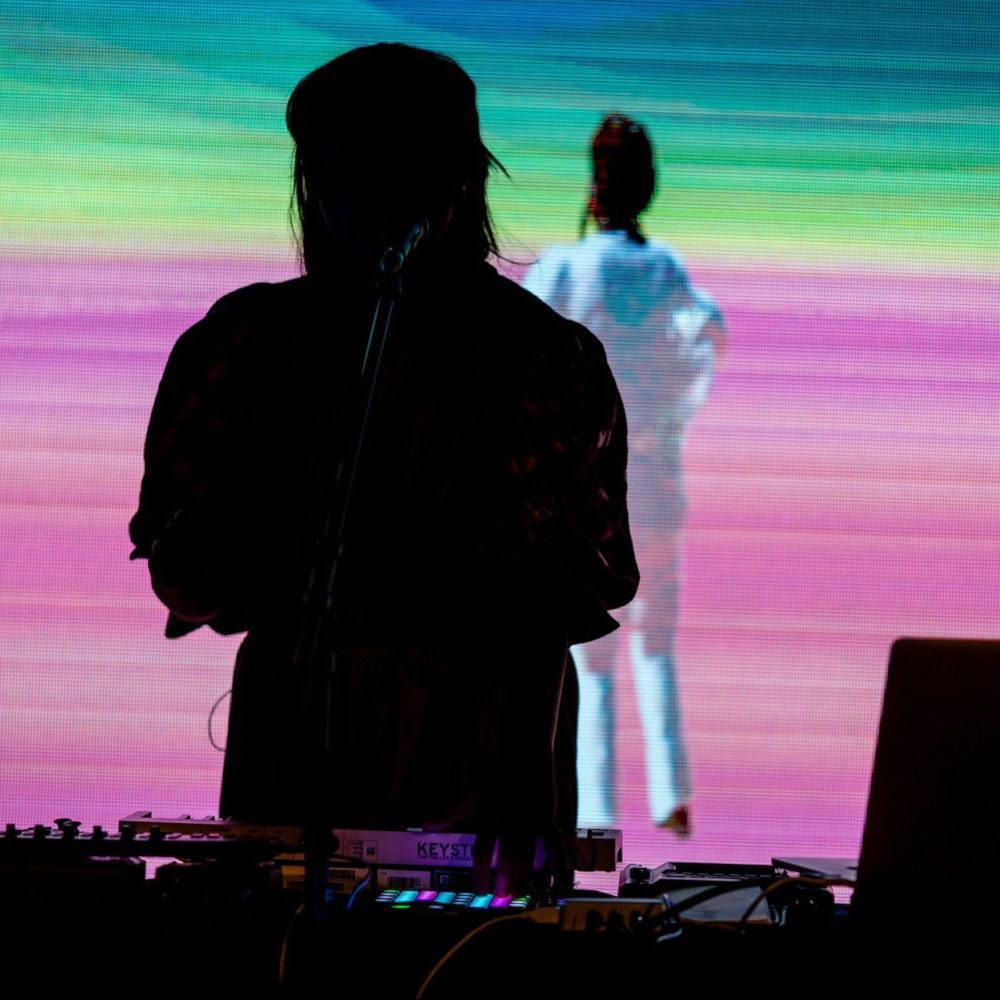
Sonic Ecologies
Jacob Elias Aran (DE), Diana Karle (DE), Jasper Seibert (DE), Robin Max Wieber (DE), Karlotta Sperling (DE), Lisa Zwinscher (DE), in collaboration with Nina Bendix Igleses (BR)
Sonic Ecologies is a sonic and performative platform presenting a collaborative concert that investigates the ecological, generative, and disruptive dimensions of listening. How many voices can we truly attend to at once? What new patterns emerge when we shift how—and with what—we listen?
-

Bauhaus-Universität Weimar – Media Art and Design
The Bauhaus, the most influential design school in the 20th century, was founded in 1919 at our main building on campus. Distinguished experts from various disciplines and countries have worked here together with their students to revolutionize education. They have left a permanent mark on the design of the living world through modern art, technology, and science. What they produced was an answer to the burning questions of art, culture, and society in the modern age.
